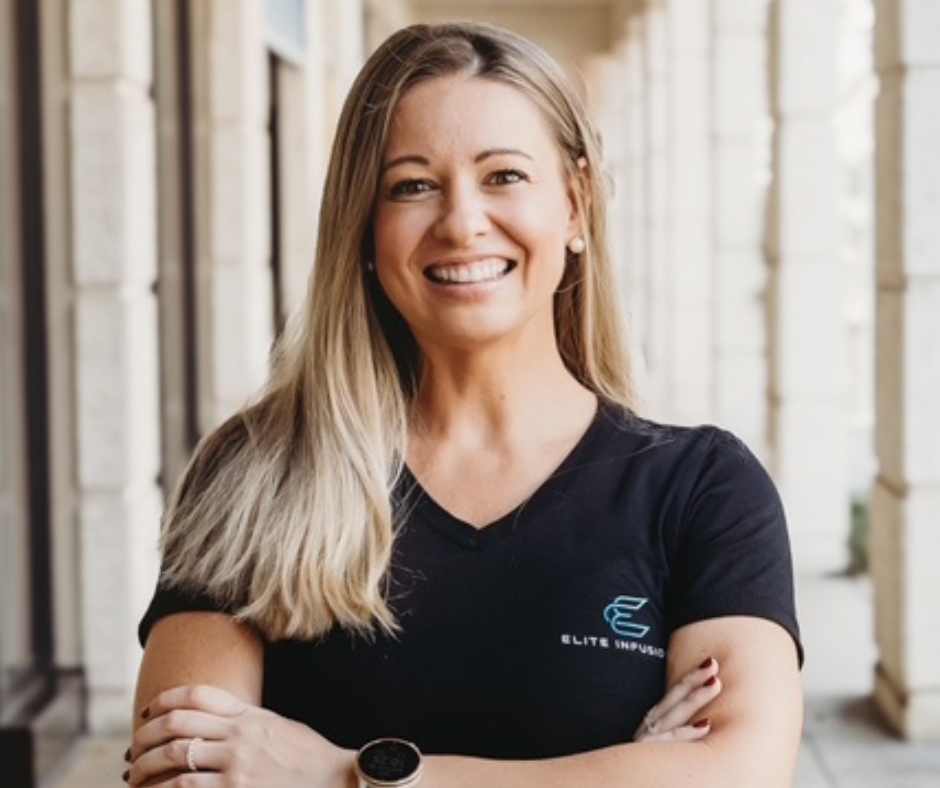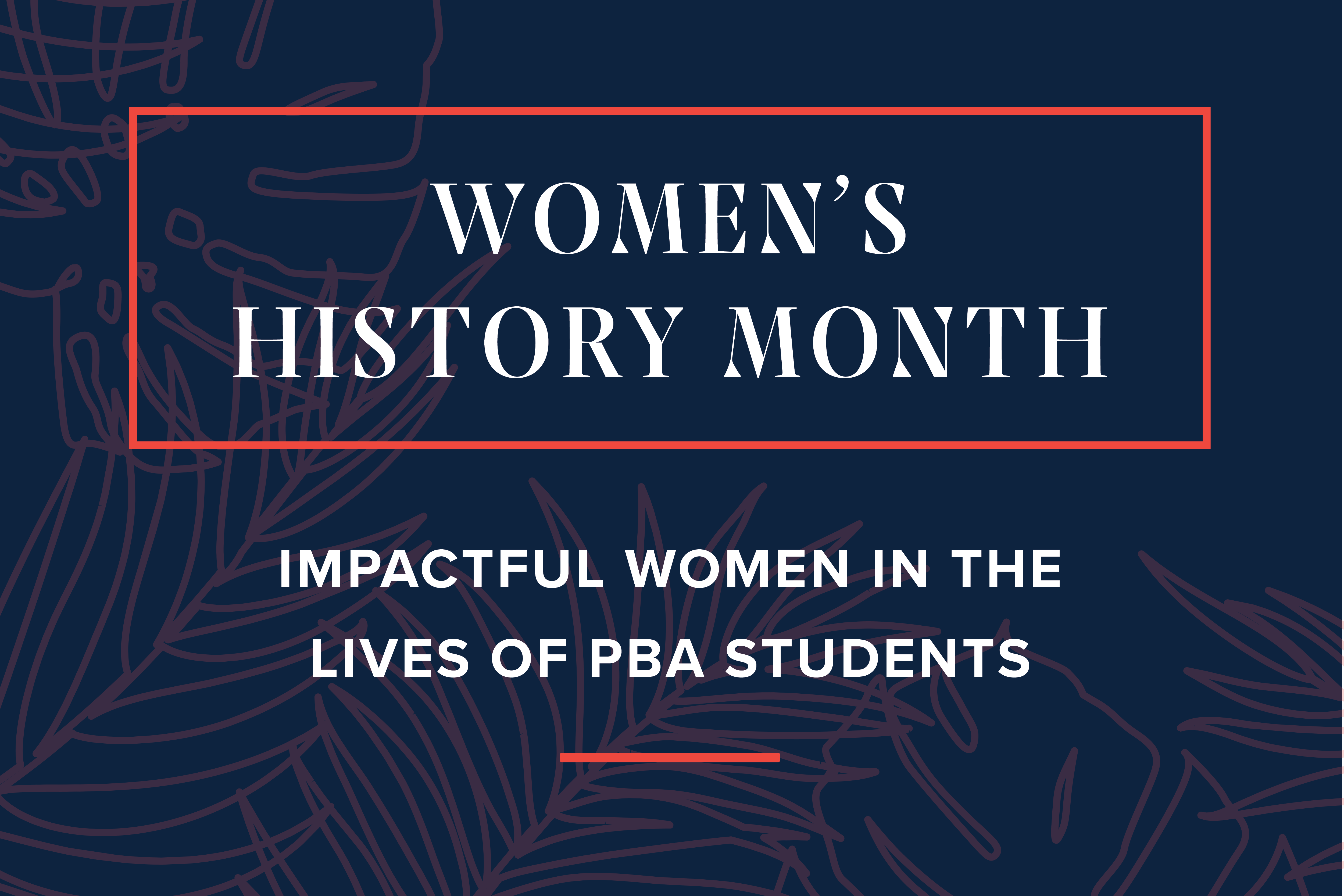Expert pharmacists enlightened pharmacy students on the diverse career opportunities that await them.
The pharmacists spoke during a panel discussion Friday as part of the first Rxpo, a careers and clinical education expo for pharmacy professionals. The expo was attended by 230 pharmacy students, 40 health systems/pharmacies/organizations and more than 25 Lloyd L. Gregory School of Pharmacy alumni.
Pharmacy students heard from panelists Dr. William Kernan, executive director of pharmacy for Cleveland Clinic Florida; Kimberly Jones, a pharmacist, consultant and owner of the Prescription Shop and Wellness Center of Stuart; Dr. Paulette Turner, a pharmacy manager with Walgreens Specialty Pharmacy in Palm Beach Gardens; and Dr. Amy Henneman, director of PBA’s first postgraduate year and ambulatory care residencies.
Kernan spoke about health systems pharmacy. Cleveland Clinic has pharmacists see patients as often as possible because the pharmacists are great managers of high blood pressure, diabetes and other chronic diseases, Kernan said.
Kernan also expressed the importance of legislative advocacy in improving the practice of pharmacy. He is president of the Florida Society of Health-System Pharmacists and founded the society’s political action committee. Because of legislative advocacy, pharmacists are now allowed to give immunizations.
Making a difference doesn’t necessarily require being an officer or a leader in a professional development organization — just get involved, he said.
“It’s a profession, not just a job,” Kernan said.
AmyJones’ strategy for continued success in community pharmacy involves being part of a network that allows the pharmacy to vie for contracts to provide clinical services.
Although pharmacists currently provide clinical services, they are reimbursed by insurance companies based on the volume of medication they dispense. Changing the model will result in better care for patients and lower hospitalization and readmission rates, Jones said.
Community pharmacies involved in such networks must provide delivery services, screen for immunizations, submit charts and conduct comprehensive medication reviews, Jones said.
Turner shared about her experience working in a retail specialty pharmacy, dispensing high-cost, high-complexity drugs. Her focus is on cystic fibrosis, neurological and anti-inflammatory drugs. Her pharmacy fills common prescriptions for diabetes, high cholesterol and high blood pressure as well.
“We’re able to holistically take care of these patients,” she said.
Medication management therapy — services provided to patients to maximize the benefit from their medications and detect expensive medication problems — is the future, Turner said.
Her pharmacy has specialists who can help patients find a way to pay for costly drugs.
“It’s really rewarding when you’re able to do that for your patients,” Turner said.
Henneman shared about residency opportunities for the first and second postgraduate years, both of which PBA offers. The Gregory School of Pharmacy’s first year of residency provides experience in pharmacy or community pharmacy. The second year offers ambulatory care experience.
Residency-trained pharmacists are responsible for many of the changes in the profession, Henneman said. She encouraged students to identify their interests and end goals, and pursue residency with that in mind. If there is a specific area of pharmacy they want to practice, there is probably a residency in that area, she said.
“Residency is rapidly growing,” she said. “It’s an in-demand training.”
BalloughLater, Publix pharmacist Bill Ballough spoke to students about the University’s dual Doctor of Pharmacy/Master of Business Administration degree, which Ballough completed in 2015.
Ballough sold his contracting business and entered pharmacy school during the recession. He considered residency to set himself apart but went for the M.B.A. instead, he said.
“What I didn’t have a handle on was the technical side of the business,” Ballough said. “Pharmacy is a business. You’re going to advance much more quickly if you have an M.B.A.”
Ballough is a Publix pharmacist in Vero Beach at the store with the highest net profit in the Miami Division. He encouraged students to be engaged as they pursue their education.
“The great thing about this school is that you’re getting a great education,” he said. “The thing that you’re getting above and beyond is a Christian education.”


